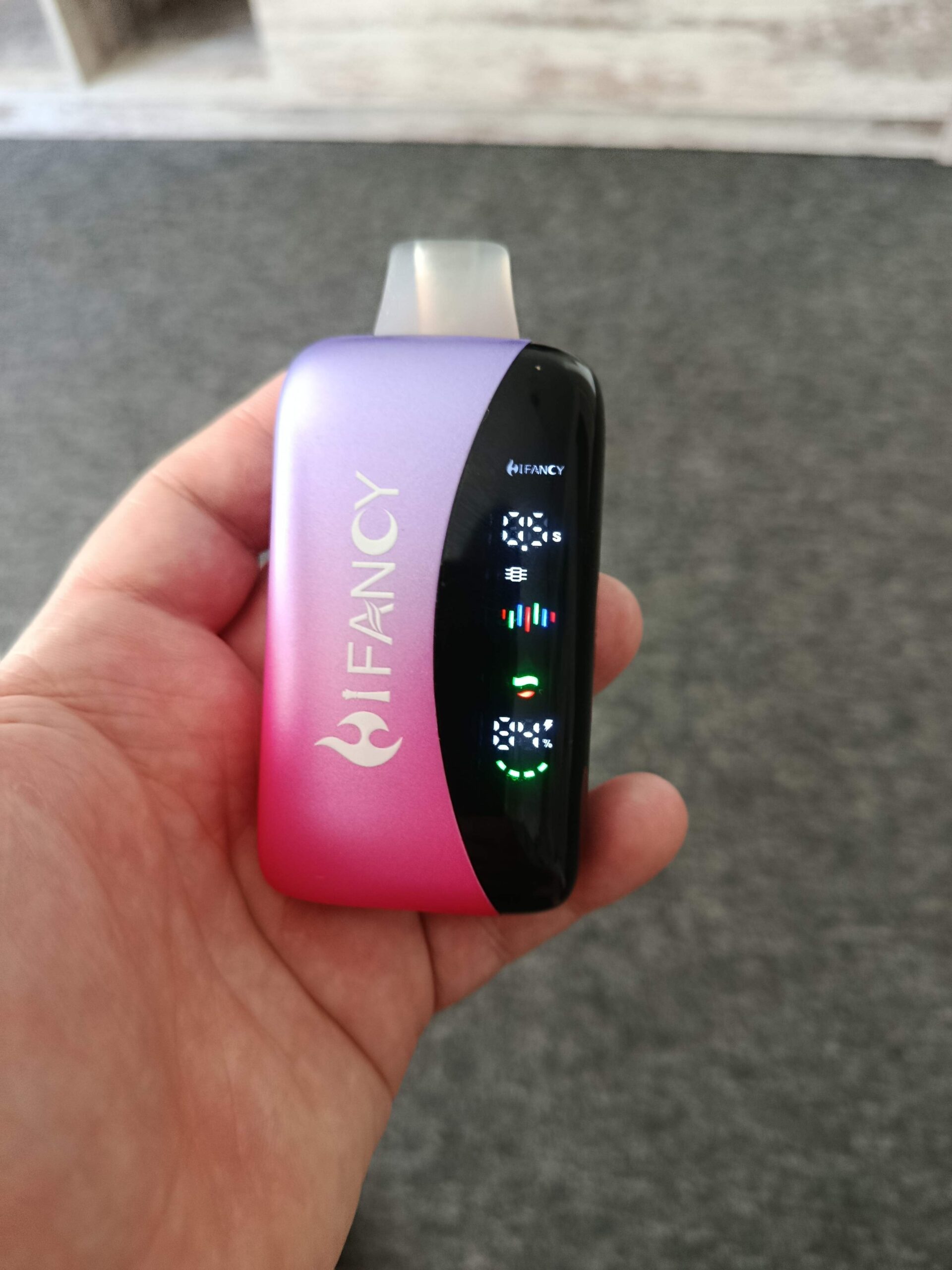Straffen voor overtredingen van de regelgeving voor elektronische sigaretten

Electronic Cigarette Regulatory Violations: Notable Enforcement Cases and Lessons Learned
Governments and health authorities worldwide have intensified efforts to regulate electronic cigarettes, targeting issues such as underage sales, misleading marketing, and non-compliance with safety standards. Penalties for violations range from hefty fines to business closures, reflecting the seriousness with which regulators view these infractions. Below, we examine high-profile enforcement actions and their implications for the industry.
Underage Sales and Marketing Violations
One of the most common areas of regulatory scrutiny is the sale of electronic cigarettes to minors. In several countries, retailers caught selling vaping products to individuals under the legal age face severe consequences. For instance, a chain of convenience stores in a major metropolitan area was fined millions after repeated violations, including inadequate age-verification checks and lack of employee training on compliance protocols.
Marketing tactics that appeal to youth have also drawn penalties. Social media campaigns using influencers, cartoon characters, or sweet flavors reminiscent of candies have been deemed irresponsible by regulators. In one case, a company faced legal action for distributing free samples near schools, a practice explicitly prohibited under local laws. The resulting settlement required the company to overhaul its marketing strategy and fund anti-vaping educational programs.
Regulators emphasize that such measures are critical to curbing the rising rates of youth vaping, which health experts link to long-term nicotine addiction and potential respiratory issues. These cases set precedents for stricter enforcement and deter others from exploiting loopholes.
Safety and Labeling Non-Compliance
Electronic cigarettes must meet stringent safety standards to prevent accidents like battery explosions or exposure to harmful chemicals. Authorities have penalized manufacturers for failing to include child-resistant packaging, warning labels, or instructions for safe use. In a well-publicized incident, a batch of devices was recalled after tests revealed excessive levels of heavy metals in the vapor, posing health risks to users. The manufacturer faced not only financial penalties but also reputational damage that impacted sales globally.
Labeling inaccuracies are another frequent violation. Companies have been fined for misrepresenting nicotine content or omitting ingredients lists, which can mislead consumers about product risks. For example, a brand that advertised its e-liquids as “nicotine-free” was penalized after laboratory tests confirmed trace amounts of the substance. This case highlighted the need for transparent labeling and third-party testing to verify claims.
Regulators increasingly require pre-market approval for new products, ensuring they undergo rigorous safety evaluations before reaching consumers. Non-compliance with these procedures can result in product seizures or import bans, disrupting supply chains and incurring significant losses.
Cross-Border and Online Sales Violations
The rise of e-commerce has complicated regulatory oversight, as some sellers exploit jurisdictional gaps to bypass local laws. Authorities have cracked down on websites shipping restricted products to regions where they are banned or imposing age restrictions. In one international case, a platform was shut down after it was found facilitating illegal sales to countries with strict vaping regulations. The operators faced criminal charges, and the domain was seized to prevent further violations.
Customs agencies also play a role in intercepting counterfeit or non-compliant electronic cigarettes at borders. Shipments lacking proper documentation or safety certifications are routinely destroyed, and importers may be blacklisted from future trade. A recent operation by a coalition of countries targeted a network distributing fake devices with faulty batteries, underscoring the dangers of unregulated products entering the market.
To combat online violations, regulators now collaborate with payment processors and social media platforms to block transactions and remove illegal listings. These partnerships aim to create a unified front against non-compliant sellers, making it harder for them to operate undetected.
Environmental and Waste Management Violations
As environmental concerns grow, regulators are scrutinizing how electronic cigarette companies handle waste, particularly single-use cartridges and batteries. In some regions, improper disposal of these components has led to soil and water contamination, prompting authorities to impose stricter waste management rules. A manufacturer faced penalties for lacking a recycling program, forcing it to invest in infrastructure to collect and process used devices responsibly.
Packaging sustainability is another emerging issue. Laws now require companies to reduce plastic use and provide clear recycling instructions. Failure to comply can result in fines or restrictions on product launches. For instance, a brand was barred from introducing a new line until its packaging met eco-friendly standards, delaying its market entry by several months.
These cases reflect a broader shift toward holding the industry accountable for its environmental footprint, aligning with global sustainability goals. Companies that proactively adopt green practices may gain a competitive edge while avoiding regulatory backlash.
The enforcement actions outlined above demonstrate regulators’ commitment to protecting public health, ensuring product safety, and promoting ethical business practices in the electronic cigarette sector. By analyzing these cases, stakeholders can better understand compliance requirements and the consequences of neglecting them, fostering a safer and more responsible industry.








